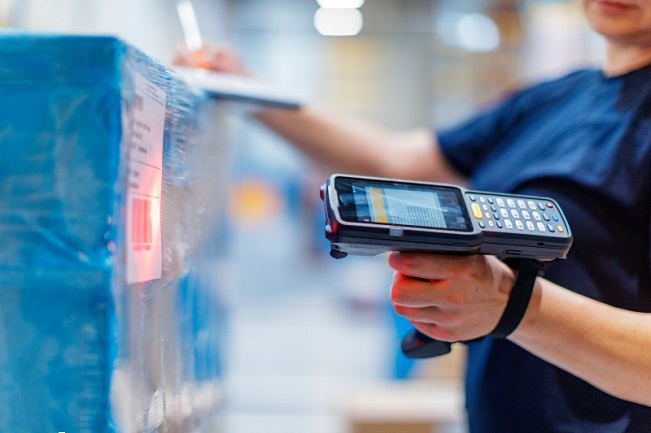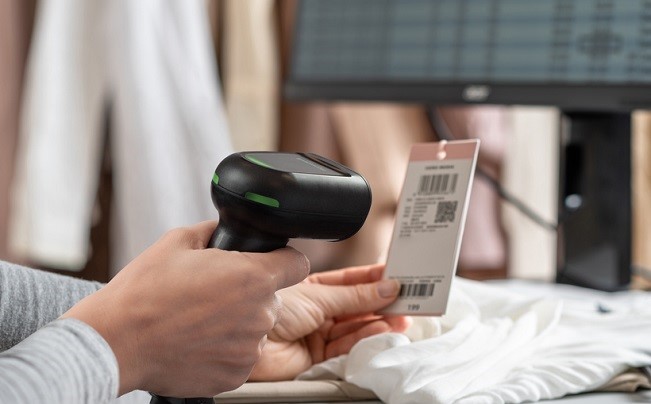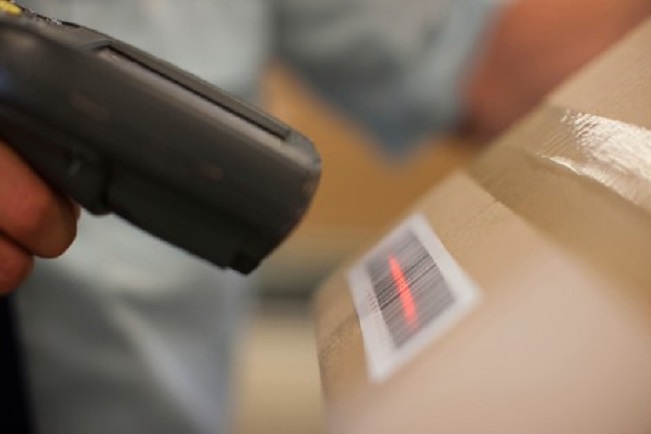Barcode scanners have revolutionized the way businesses manage inventory, track assets, and streamline operations. With all the technological advances, they have become more powerful, easier to use and more efficient. Part of these innovative gadgets are wireless barcode scanners. They are compact and versatile devices that eliminate the need for cumbersome cords, offering enhanced mobility and flexibility in various industries.
Types of Wireless Barcode Scanners

The advantage of the cordless barcode scanner is the absence of cables and wires that connect it to the host device to transmit the data. Instead, they rely on advanced wireless technologies, such as Bluetooth, Wi-Fi, and RFID, to establish that connection. They come with built-in memory capable of storing scanned data, which is later transferred to a computer system, usually with a USB cable. As they use rechargeable batteries, the wireless barcode scanner offers greater mobility.
• Bluetooth Barcode Scanners: Utilising Bluetooth technology for wireless communication, they are ideal for applications requiring a moderate range of connectivity. Since many modern devices have built-in Bluetooth transmitters picking up this type of scanner is quite simple. They are commonly used in retail, warehouses, and healthcare settings.
• Wi-Fi Barcode Scanners: Connect to the network via Wi-Fi, allowing real-time data transmission. Suited for environments with extensive coverage, such as large warehouses. Enhance efficiency in inventory management and order fulfilment.
• RFID Barcode Scanners: Combine barcode scanning with RFID technology for advanced tracking. Suitable for industries requiring both barcode and RFID capabilities. Enhance accuracy and speed in asset management and logistics.
Applications Across Industries

Retail
No cables means no clutter around your work space, allowing you to be more efficient. This streamlines the checkout process, improving customer experience. You can track inventory levels in real-time, reducing stockouts and overstock situations. These gadgets facilitate quick and accurate price verification, leaving less room for mistakes.
Warehousing and Logistics
The major advantage of handheld scanners is the freedom to move around and go to the heavy items instead of hauling them back to the point of sale (POS system). This translates into expedite order fulfilment by swiftly scanning items and updating inventory databases. The scanners improve accuracy in picking, packing, and shipping processes and they enable real-time tracking of shipments throughout the supply chain.
Healthcare

The main role of scanners in the healthcare industry is to enhance patient safety by accurately tracking medications and medical equipment. They streamline inventory management in hospitals and clinics and improve efficiency in tracking patient information and records. Scanners specifically developed for these applications are designed to withstand daily cleaning with harsh disinfectants or have anti-microbial casing.
Manufacturing
Barcode scanners allow for easy monitoring and controlling of the production process by tracking materials and products. They improve quality control through accurate and timely data capture and enhance traceability and compliance with industry standards.
Common Questions
How does a wireless barcode scanner work?
Wireless barcode scanners use technologies like Bluetooth or Wi-Fi to communicate with a central system. When a barcode is scanned, the information is transmitted wirelessly to a connected device, such as a computer or inventory management system.
What Scanning Technology Do They Use?

Scanning technology refers to the technique used by the scanner to read and decode barcodes. The most common is the laser technology which projects a focused light beam onto the barcode. They can scan from a distance and offer impressive performance in speed, but can only read one-dimensional barcodes. CCD (Charge Coupled Device) readers are optical scanning devices that use imaging techniques to capture data. They need to be placed to the barcode and can decode linear symbologies only.
The highly advanced 2D area imagers are similar to image scanners and can read 1D, 2D, and stacked barcode symbologies. They can read barcodes regardless of the orientation and from greater distances. Omnidirectional scanners are also capable for scanning barcodes from any orientation which makes them very efficient.
What is the range of wireless barcode scanners?
The range varies depending on the type of technology used. Bluetooth scanners typically have a range of 30 feet, while Wi-Fi scanners can operate within a broader range, sometimes extending up to hundreds of feet.
Can wireless scanners work offline?
Some cordless barcode readers have offline capabilities, storing scanned data locally until a connection is re-established. This feature is beneficial in areas with intermittent connectivity.
Are wireless scanners secure?
Security features depend on the specific technology. For instance, Bluetooth scanners may require pairing for added security, and Wi-Fi scanners often utilize encryption protocols to protect data during transmission.
What are the power options?
Wireless barcode scanners typically use rechargeable batteries. The battery life varies, but advancements in technology have led to longer-lasting batteries, reducing downtime.
Bottom Line

Wireless scanners play a pivotal role in enhancing efficiency across various industries, offering seamless integration, improved mobility, and real-time data capture. As technology continues to advance, these devices will likely see further improvements, expanding their applications and addressing evolving business needs. Understanding the types, applications, and common questions associated with wireless barcode scanners is crucial for businesses seeking to optimize their operations and stay competitive in today’s dynamic marketplace.
























